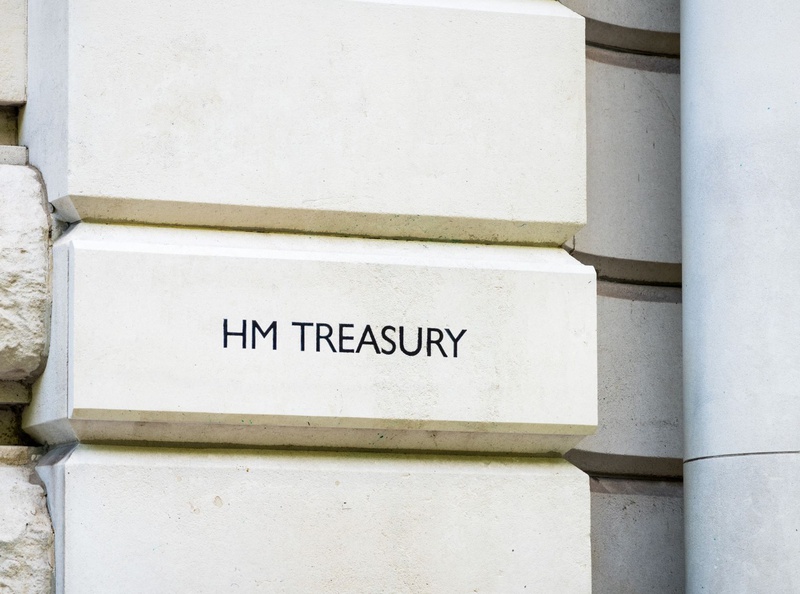Friday’s mini-Budget or was it a maxi Budget, was perhaps more typical of an emergency Budget from that of a new government following a general election as opposed to that of the appointment of a new Prime Minister.
In her own words the Prime Minster, Liz Truss, outlined her approach to stimulating economic growth as ‘go big or go home’. The new Chancellor of the Exchequer, Kwasi Kwarteng, certainly seemed to do just that. With a government focused on ending economic stagnation the announcements sought to provide financial stimulus to boost the economy and inspire/motivate UK enterprise.
The package of tax cuts was said to be the biggest, at £45billion, of any budget since 1972 and included the following:
- The basic rate of income tax is to be cut to 19% from April 2023, sooner than planned.
- The previously announced rise in Corporation Tax from 19% to 25% due next April has been shelved.
- The 45% tax rate for those earning over £150,000 is to be abolished.
- The cap on bankers’ bonuses has been scrapped.
- The 1.25% rise in National Insurance to help fund health and social care is to be cut from 6th November.
- The threshold at which Stamp Duty is due on the purchase of homes will rise from £125,00 to £250,000.
- First time buyers will benefit from not paying stamp duty on properties up to the value of £425,000.
- From the 1st April 2023, the Annual Investment Allowance for businesses will be set permanently to 100% tax relief on investment in plant and machinery up to the value of £1million.
- The government is looking to set up new ‘investment zones’ similar to enterprise zones, where businesses will be offered and could benefit from tax cuts and more relaxed planning regulations to help support and stimulate enterprise and potentially inward investment.
- IR35 rules around employer status, for off payroll workers, are to be relaxed with large and medium employers from 6th April no longer being required to disclose to HM Revenue and Customs the status of workers including freelancers and consultants. Small businesses are already exempt from such disclosure.
- The proposed 1.25% increase in Dividend Tax due next April has been abolished.
- The company share option plan limit that allows businesses to offer employees share options is being raised from £30,000 to £60,000.
- Tech and other start companies from April 2023 will be able to raise up to £250,000 through the Seed Enterprise Investment Scheme. This is two thirds increase in the level of investment.
- VAT free shopping, duty free, will be introduced for overseas visitors.
- The planned increases in the duty on alcohol, wine, beer and spirits has been axed.
Amusingly the office for tax simplification is to be wound down. With the mini or even maxi Budget, perhaps it is felt such work is now done, though there is already talk of even further tax cuts.
With businesses facing challenges around increasing input costs, especially in terms of labour and energy, along with frustrated supply chains and continued skills shortages, the Budget will no doubt be a tonic to some if not all. Whether it was just a ‘sugar rush’ or enough to boost lasting confidence or stimulate growth, only time will tell.



